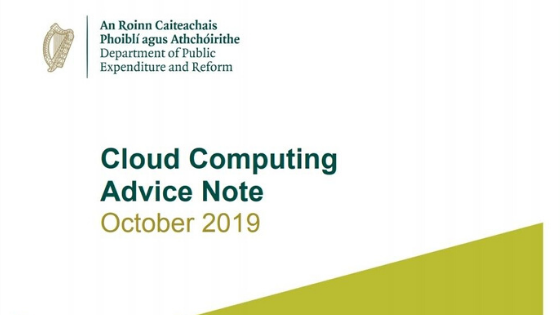Section 129(1) of the Companies Act 2014 requires every company in Ireland to have a company secretary. Outlined below is a short description of the role of the company secretary followed by a brief introduction into a company secretary’s duties and obligations.
A company secretary is an officer of a company. The company secretary may also act as a director of the same company, but not act in dual capacity when signing documents on behalf of the company. The role differs from that of a Director of a company, in that the role focuses on tasks delegated by the board of the company.
A day in the life of a company secretary
The tasks for a company secretary can be varied. While the role of the company secretary predominantly consists of tasks delegated by the board of directors, the role of the company secretary goes beyond effectively and, efficiency communicating decisions of the board to the relevant bodies and may take on a much more advisory role within a company.
Often the role of the company secretary can consist of advising companies and boards on the best practices of corporate governance. Corporate governance embodies a wide variety of concepts and guidelines from the leadership involved to achieve a well-functioning board of directors, effectiveness of the board, accountability of officers of a company, inducting new directors and advising them on the board dynamics, remuneration and the importance of maintaining a transparent, functioning rapport with both the stakeholders and shareholders of company through effective general meetings. Thus, it is often the task of a company secretary to ensure that the directors of a company discharge their obligations in accordance with the Companies Act 2014.
A company secretary must also fulfil the more unsung tasks with regards to maintaining statutory registers coupled with the onerous task of attending board meetings in order to preserve and effectively record the minutes of that meeting.
It is important to note that while a company secretary doesn’t have as many codified duties as a director in terms of their common law and fiduciary duties, the role of a company secretary amounts to an officer of a company and thus is still subject to sanctions under the 2014 Companies Act.
In short, the day to day life of a company secretary depends on the need of a company and its board – whether it’s relaying the decisions of a board of the directors to the Companies Registration Office by registering changes in the boards structure, advising the board on a pressing corporate governance issue, attending board meetings or engaging with stakeholders or shareholders with regards to a general meeting or corporate event such as dividends.
For further information on the role of the company secretary, please contact Emma Dunne, Manager of our Corporate Compliance Department.





